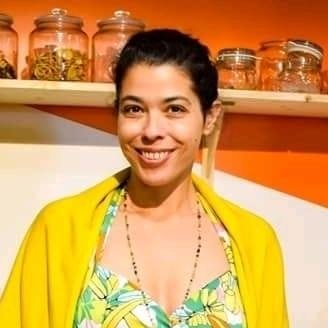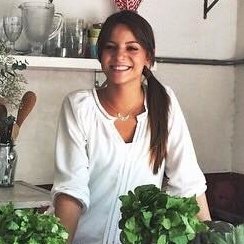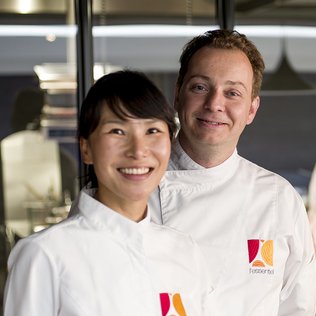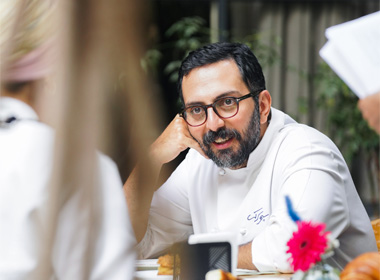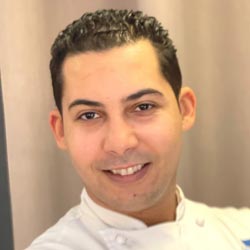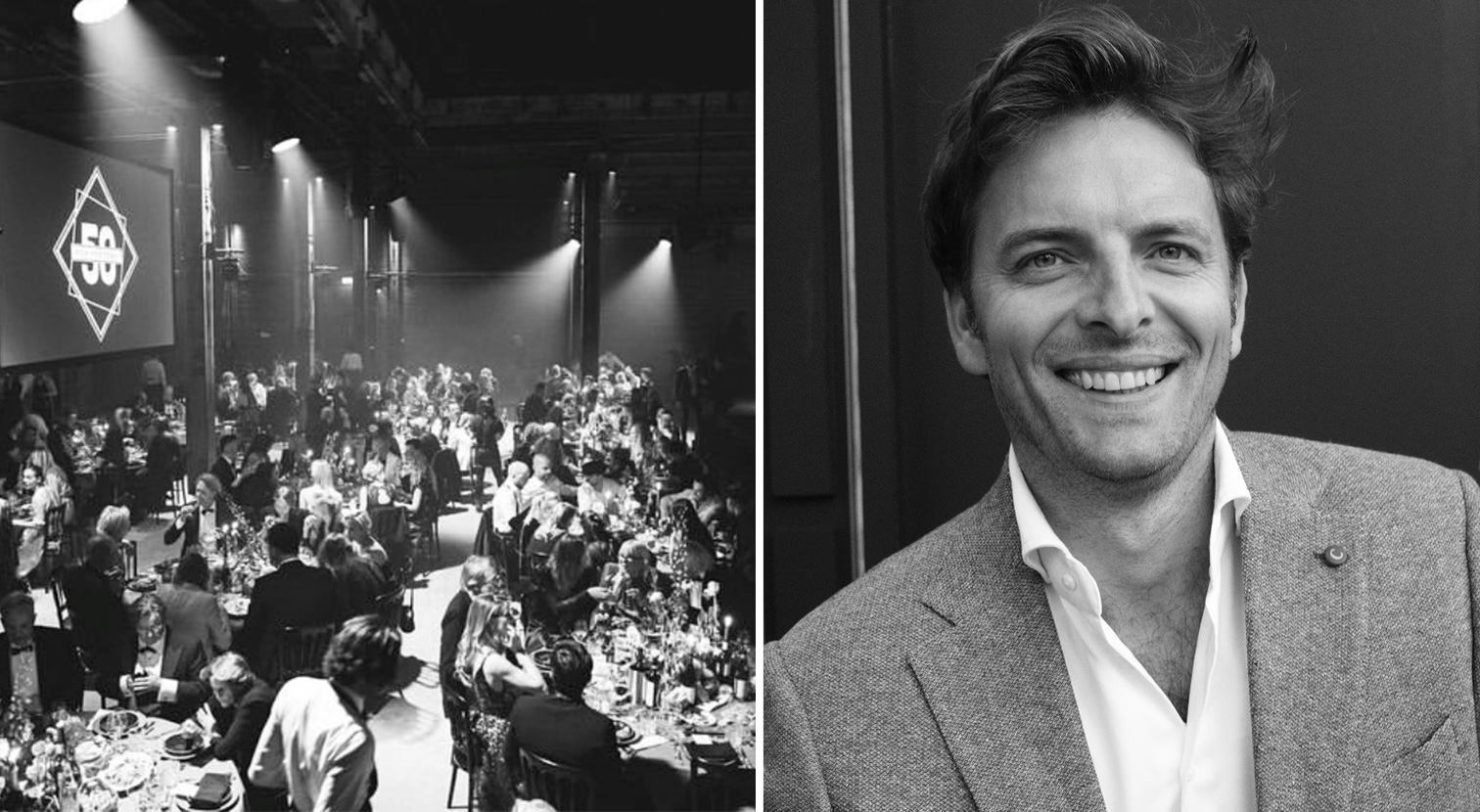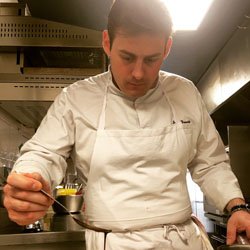A multidisciplinary approach is used throughout the programme, and all of the modules leverage interactive teaching methods.
Teaching methods
The Diplôme de Cuisine includes:
- Theoretical learning;
- Practical application;
- Development of the ability to work autonomously and responsibly.
Teaching methods include:
- Online and face-to-face theory classes taught by Le Cordon Bleu Paris Instructors and guest instructors.
- Demonstrations led by Le Cordon Bleu Chefs to help students acquire practical methods.
- A demonstration by a professional guest Chef.
- An educational trip to Rungis International Market.
- Online talks or demonstrations by Le Cordon Bleu Chef Instructors from around the world.
- Ongoing support from the Chef Instructors when appraising work.
The programme is centred around active student participation, both in real-life situations and simulated environments, notably to cultivate a responsible work ethic.
Assessment methods
Students are assessed based on the Learning Outcomes set for each module and on the programme’s cross-disciplinary Learning Outcomes.
An individual performance review is held midway through the programme to help students progress with their learning. The aim of this review is to pinpoint any difficulties and to assess the student’s current level of performance in relation to the work required and the knowledge and practical skills acquired.
Various methods of assessment may be used, including:
Written assessments: Examinations where students are asked to give written answers to multiple choice questions, true/false questions, short-answer questions, long-answer questions or a combination of any of the above.
Practical assessments:
- Continuous assessment of progress: continuous assessment of work completed during practical lessons. The final grade is based on the cumulative grades awarded throughout the programme.
- Final practical exam: examination during which a series of tasks must be completed under supervision. Each student’s performance is evaluated against formal assessment goals, and a standardised grading scale is used to determine the operational skill level attained.
- Portfolio: a written report prepared by the student, focusing on a dish they have created and assessed by the student’s Point of Contact Chef against a standardised grading scale.
Presentation of a recipe technique, an equipment list, and a recipe time plan.
Students will be required to understand and apply what they learn in order to successfully complete the programme. Regular attendance is therefore a prerequisite for success.

